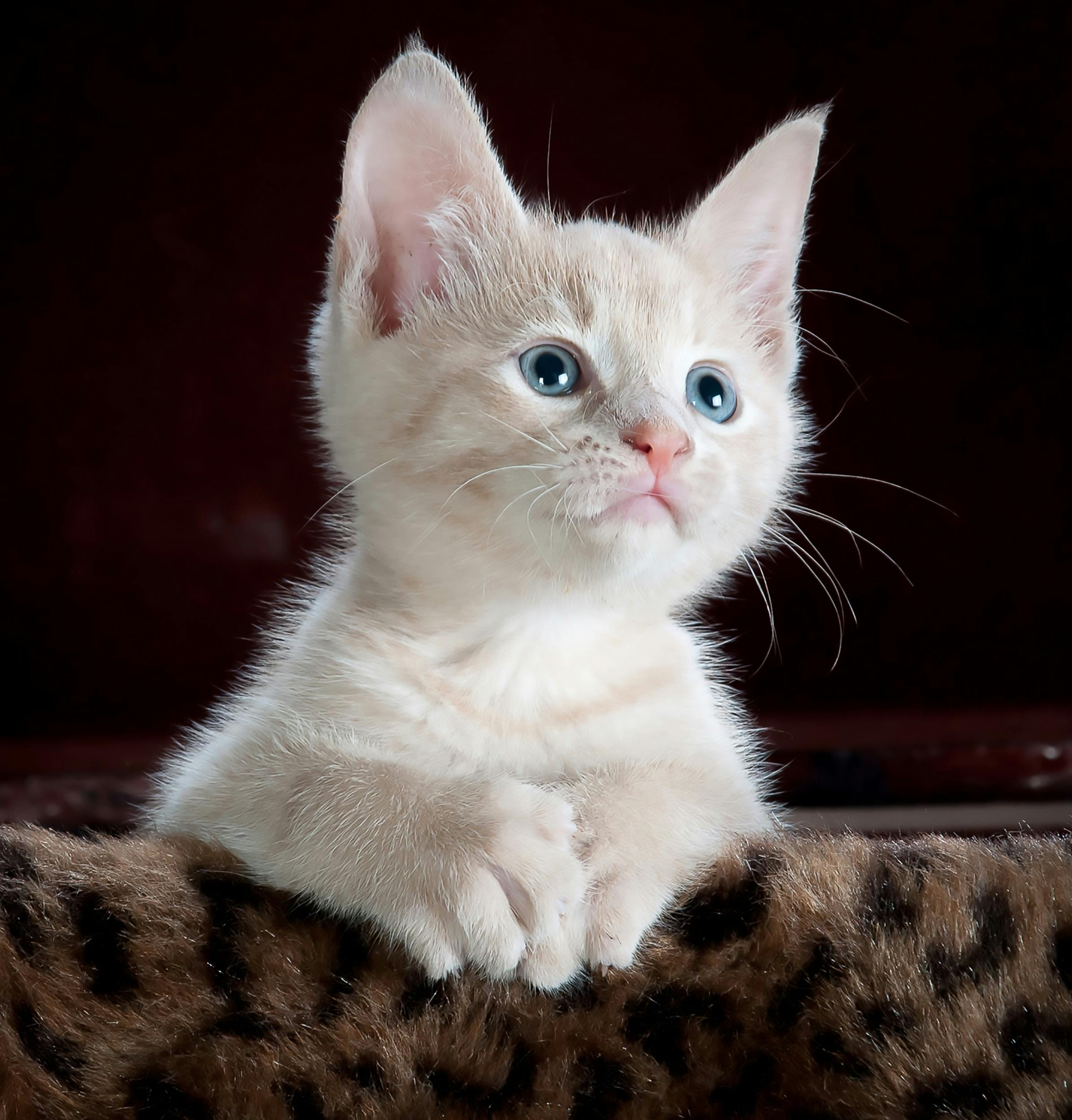
Vitamin D plays a crucial role in maintaining a cat’s overall health, particularly supporting strong and healthy bones during growth. Since cats are unable to produce vitamin D through sunlight exposure like humans can, they rely entirely on their diet to meet their needs. A well-balanced commercial cat food typically provides the proper amount of this essential nutrient. However, imbalances can occur under certain conditions. It’s important to understand the significance of vitamin D, how to ensure your cat gets the correct amount, and the potential risks of both deficiency and toxicity.
About Vitamin D for Cats
Vitamins are crucial for your cat’s overall health, aiding in growth and proper body functions. Since cats cannot produce certain essential vitamins like vitamin D on their own, it’s important they receive these through their diet.
There are two key forms of vitamin D that benefit cats:
1. Vitamin D2 (ergocalciferol), which comes from plant-based sources like fungi and yeasts.
2. Vitamin D3 (cholecalciferol), which is derived from animal-based sources such as fish, liver, beef, and egg yolks.
Vitamin D is vital for several aspects of your cat’s health, particularly their skeletal system:
– It ensures calcium and phosphorus from food are properly absorbed, regardless of dietary intake levels.
– It supports the development of strong bones and teeth, especially in kittens. A deficiency can result in conditions like rickets in young cats or weakened bones in adults.
– It aids in muscle growth and movement.
– It is necessary for the proper functioning of the nervous system, including the brain and nerves.
– It bolsters the immune system, helping to fight off illnesses and reducing inflammation.
Ensuring your cat has an adequate intake of vitamin D is essential for their overall well-being.
How can I make sure my cat receives sufficient Vitamin D?

To ensure your cat gets sufficient vitamin D, it’s best to provide them with a high-quality, nutritionally complete, and balanced commercial diet. Look for the AAFCO statement on the packaging to confirm that the food meets the recommended standards for essential nutrients, including vitamins and minerals. With the rise in popularity of home-cooked, boutique, and raw diets, cases of vitamin D deficiency have been observed more frequently. Regardless of your choice of diet, it’s crucial to ensure it meets your cat’s nutritional needs. For specific vitamin D requirements for kittens and adult cats, refer to the AAFCO Guidelines.
Is it safe to provide my cat with a Vitamin D supplement?

Cats that consume a well-rounded and nutritionally complete diet do not require additional vitamin D, as their food provides sufficient amounts. Administering extra vitamin D without necessity can result in harmful levels, so it’s important to consult a veterinarian before considering supplements. Typically, vitamin D supplements are only advised for cats with a diagnosed deficiency, which may stem from an inadequate diet. In some cases, a supplement like Calcitriol might be prescribed for cats dealing with chronic kidney disease or low calcium levels.
Vitamin D Deficiency
Cats rely on their diet to obtain vitamin D, making it essential to provide them with a well-rounded and nutritionally complete food. To ensure their diet meets current standards, look for the AAFCO label on cat food packaging. Deficiencies in vitamin D often arise in cats fed improper diets, such as homemade or all-meat meals.
A lack of vitamin D prevents cats from properly absorbing calcium and phosphorus, which are critical for maintaining strong and healthy bones. This deficiency can lead to conditions like rickets in kittens, characterized by symptoms such as reluctance to play, joint swelling, skeletal deformities, and lameness. In adult cats, it may result in osteomalacia, which weakens bones and can cause poor fur quality, abnormal eating habits, spinal deformities, and even fractures.
Additionally, insufficient vitamin D can negatively impact a cat’s teeth, muscles, nervous system, and immune system. Providing a balanced diet is vital to prevent these health issues and ensure your cat’s overall well-being.
Treating Vitamin D Deficiency
To address rickets and osteomalacia in cats, it’s important to adjust their diet to include sufficient vitamin D. Opting for a premium commercial cat food often resolves the issue. If identified early, kittens can recover without permanent harm, though some deformities may persist.
For cats with osteomalacia, dietary changes typically yield quick improvements, but they should remain confined until their bones regain strength to avoid fractures.
Preventing vitamin D deficiency is straightforward with a balanced, complete diet. If you prefer preparing homemade meals for your cat, consult a veterinarian specialized in nutrition to ensure the diet meets all their needs.
Vitamin D Toxicity

Excessive vitamin D can pose serious health risks for cats and should be addressed by a veterinarian without delay. Potential causes include vitamin D supplements, rodent poisons containing cholecalciferol, improperly balanced diets (whether commercial or homemade), and exposure to psoriasis creams. Symptoms can be vague, such as vomiting, diarrhea, loss of appetite, increased thirst, and frequent urination. Blood tests often reveal elevated calcium and phosphorus levels, which may result in kidney damage.
Managing Excessive Vitamin D Levels
If a cat consumes too much vitamin D, the vet might induce vomiting or administer activated charcoal to limit absorption. In cases where symptoms are present, hospitalization with IV fluids, supportive care, and medications to manage calcium and phosphorus levels may be necessary. Unfortunately, vitamin D poisoning can cause long-term damage, particularly to the kidneys, and some cats may require ongoing treatment and medication.